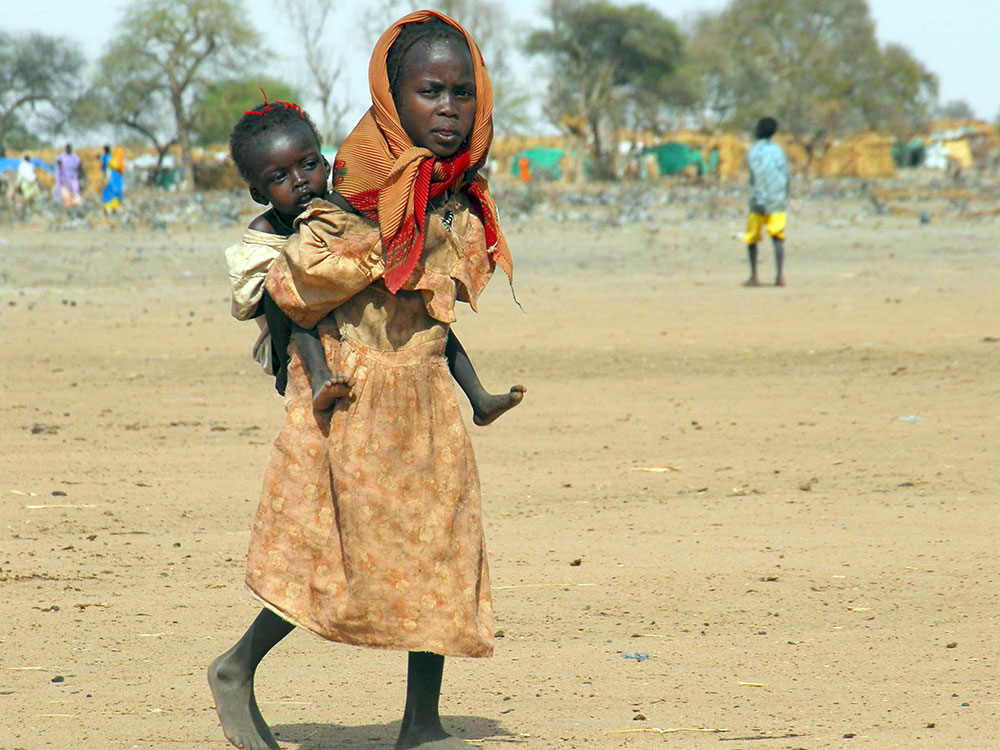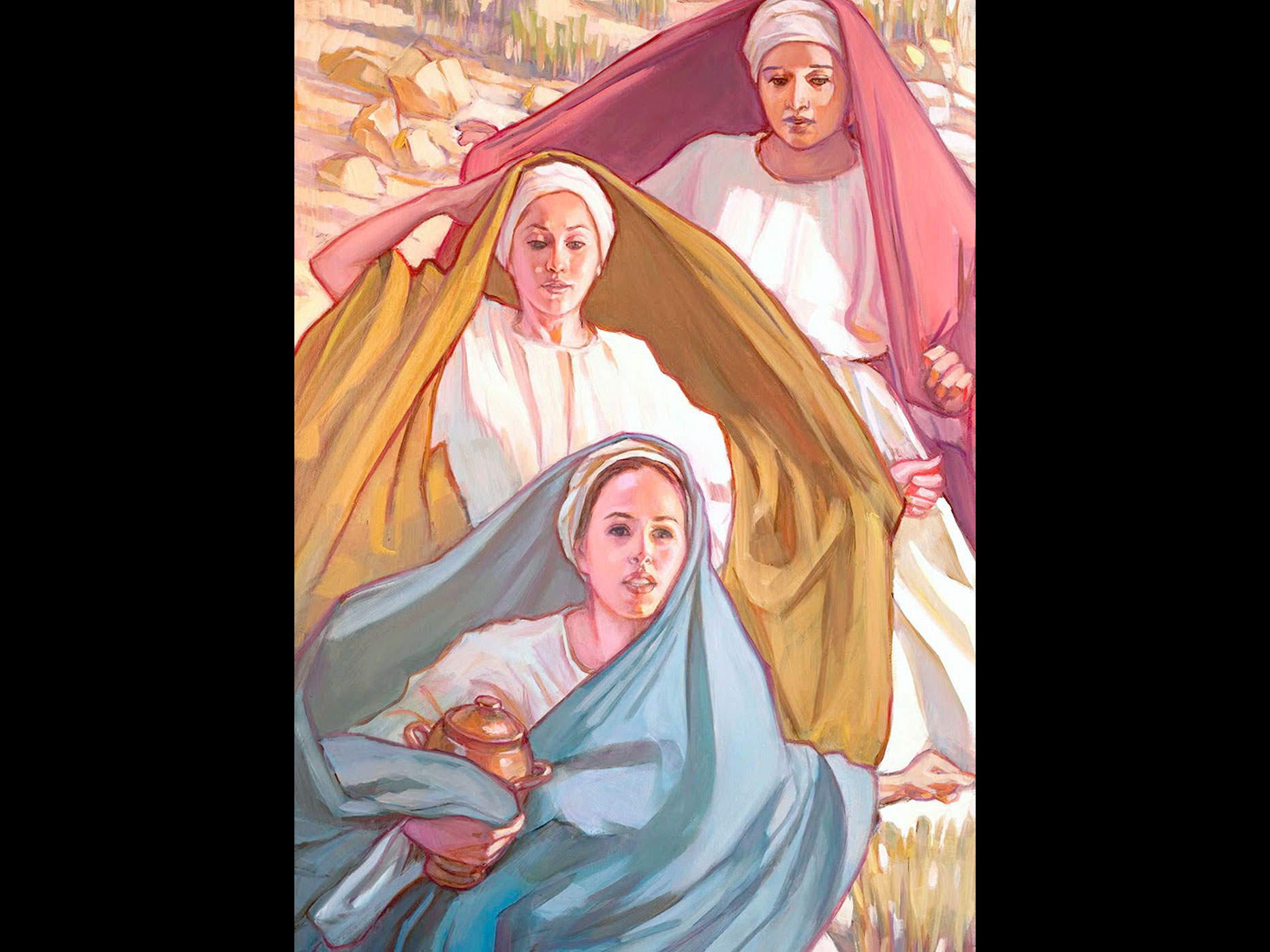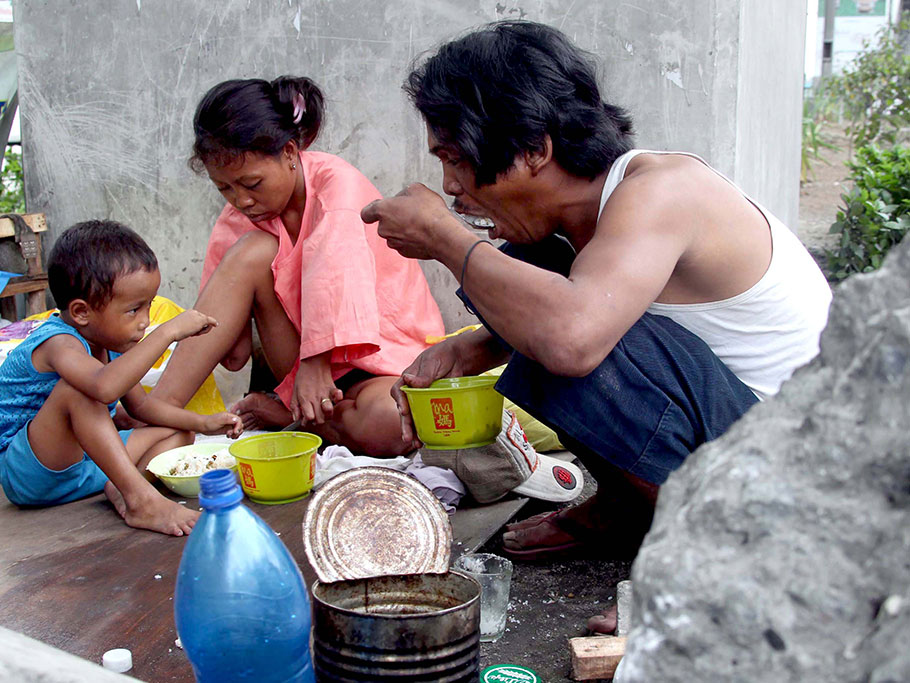The wage of sin is death, declares the Holy Bible (Romans 6:23). The innocents – most of them living in slums – are paying the sin of the chosen few rich in the past! In December 2011’s “Sendong,” vast sections of Northern Mindanao, an area previously thought to be away from the path of storms, were laid to waste. The typhoon killed more than 1,500 people. Also in December, “Pablo” left almost 400 people dead and hundreds more injured as it slowly exited the country. More than 300 are still unaccounted for. Most of the fatalities – some of them still unidentified – died from flash flood and mudslide. “The root cause is the denudation of our forests,” commented one environmentalist. “This is a sin of the past that we are paying now.” Harold R. Watson, a former American agriculturist who had been helping the locals in Mindanao, agreed. “When man sins against the earth, the wage of that sin is death or destruction,” he explained. “This seems to be a universal law of God and relates to all of God’s creation. We face the reality of what man’s sins against the earth have caused.” It is impossible to exaggerate the ecological debacle. More than 90 years ago, the Philippines was almost totally covered with forest resources distributed throughout the 30 million hectares. These resources provided income, employment, food, medicine, building materials, and water as well as a healthy environment. In the 1950s, only three–fourths of the archipelago was covered with forest, according to the Department of Environment and Natural Resources (DENR). By 1972, the figure had shrunk to half and, by 1988, only a quarter was wooded and just one tiny fraction of this was virgin forest. The United Nations Food and Agriculture Organization (FAO) said about 7,665,000 hectares of the country are forested. Between 1990 and 2010, the country lost an average of 54,750 hectares per year. According to environmentalists, logging operations – legal and otherwise – are mowing down the country’s remaining forest cover. Rev. Peter Walpole, executive director of the Ateneo de Manila University’s Environmental Science for Social Change, said the Philippines “trusted” logging companies to cut down trees and manage the forest. “But they did a very bad job,” he decried. “That started the problem that we have now.” DENR, the lead agency responsible for the country’s natural resources and ecosystems, is virtually powerless in stopping rampant illegal logging. It has no guns, no radios, no boats, and only few men to roam the jungles where they are usually terrorized by armed men or rebels. Another culprit of the rapid disappearance of forests in the country: mining operations. Other causes of deforestation include forest fires, volcanic eruptions, geothermal explorations, dam construction and operations, fuelwood collection, and land development projects (construction of subdivision, industrial estates, and commercial sites). The country’s surging population has likewise contributed to the problem. At least a fourth of the total population lives in the upland areas where most trees are located.






